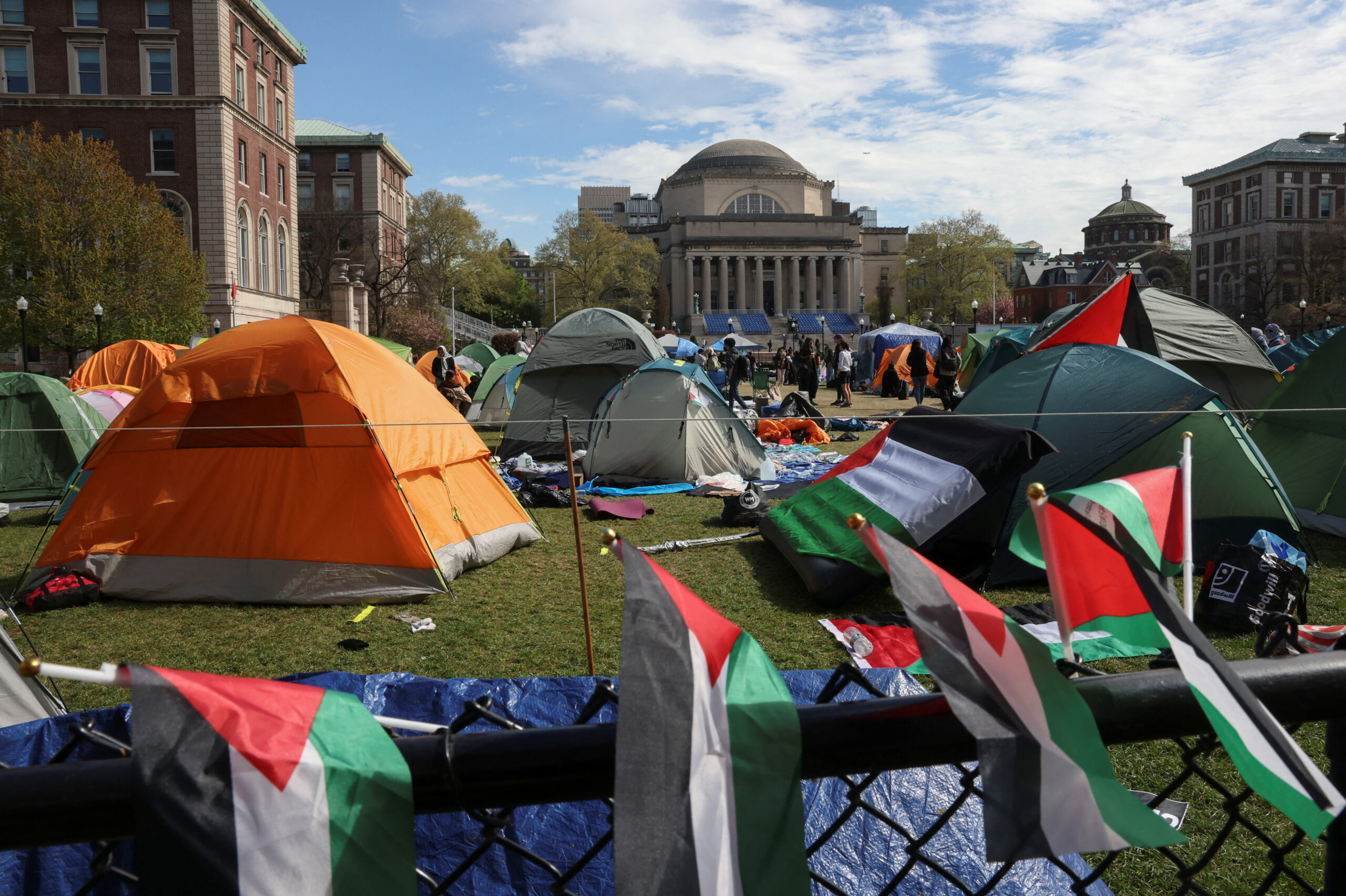On Chicago’s Morning Answer, University of Pennsylvania Law Professor Amy Wax offered a searing critique of higher education’s role in enabling anti-American radicalism, reinforcing identity politics, and accelerating the cultural decline of the West. Speaking with hosts Dan Proft, Amy Jacobson, and guest John Kass, Wax said elite universities are irredeemable and must be defunded and downsized.
The discussion followed a recent pro-Hamas protest at Columbia University’s Butler Library, where masked agitators took over a public space until NYPD officers arrested roughly 80 participants. It’s the latest in a string of disruptive, often violent demonstrations taking place at elite campuses, many involving student groups with ties to radical and even foreign-sponsored ideologies.
“These institutions have become sites of anti-American and anti-Western agitation,” Wax said. “They’re not just failing to uphold core civic values—they’re actively undermining them.”
Wax, who has been targeted by activist groups on her own campus and is currently involved in a legal battle with Penn over disciplinary action, pointed to her own case as an example of the ideological monoculture within academia. After expressing opinions on race, culture, and achievement gaps in interviews and publications, Wax was accused of “inequitably targeted disrespect” and suspended for one year. Her salary was reduced, and she is now suing the university in an effort to overturn the penalties.
She explained that students indoctrinated into what she described as “Zen-like fairy tales” of historical victimhood often react with hostility toward dissenting views. “If you challenge these narratives—if you mention basic truths about crime rates or academic performance disparities—you’re labeled dangerous,” she said.
Wax also cited the role of foreign money, particularly from Qatar and China, in shaping academic discourse. She noted that although these contributions are well-documented, the broader issue is that the anti-Western orientation of these institutions is often homegrown. “There’s collusion between foreign influences and native faculty and administrators,” she explained. “American taxpayers should not be funding the education of students from countries that fundamentally oppose Western values.”
Asked about recent statements from Harvard figures claiming to defend free speech, Wax was blunt. “At Penn, I’ve seen zero improvement—none. They’re completely oblivious to the concerns about anti-Semitism, censorship, and persecution of dissenters like me. They still believe they’re entitled to taxpayer money.”
Beyond free speech concerns, Wax highlighted the feminization of higher education as a key factor in the ideological shift. She argued that women’s dominance in academia has led to an overemphasis on emotion, altruism, and grievance politics at the expense of logic and intellectual rigor. “Women are particularly vulnerable to what I call pathological altruism—championing perceived underdogs in a very myopic way,” she said.
Wax suggested that fewer men are attending college because of the hyper-politicized, anti-male atmosphere on campus. She also questioned whether most men belong in higher education in the first place, arguing many would be better served entering trades. While acknowledging this might reduce opportunities for marriage and family formation—a hallmark of stable civilizations—she said shrinking the size of academia could ultimately be beneficial for society.
Despite the personal costs, Wax remains committed to challenging the system from within, even as she awaits a judge’s decision on whether her suspension will be delayed pending resolution of her lawsuit. She emphasized that the problems in higher education will not be fixed through internal reform, but only through a drastic reduction in their influence and funding.
“These schools are not saviors of democracy,” Wax concluded. “They are part of the problem.”





